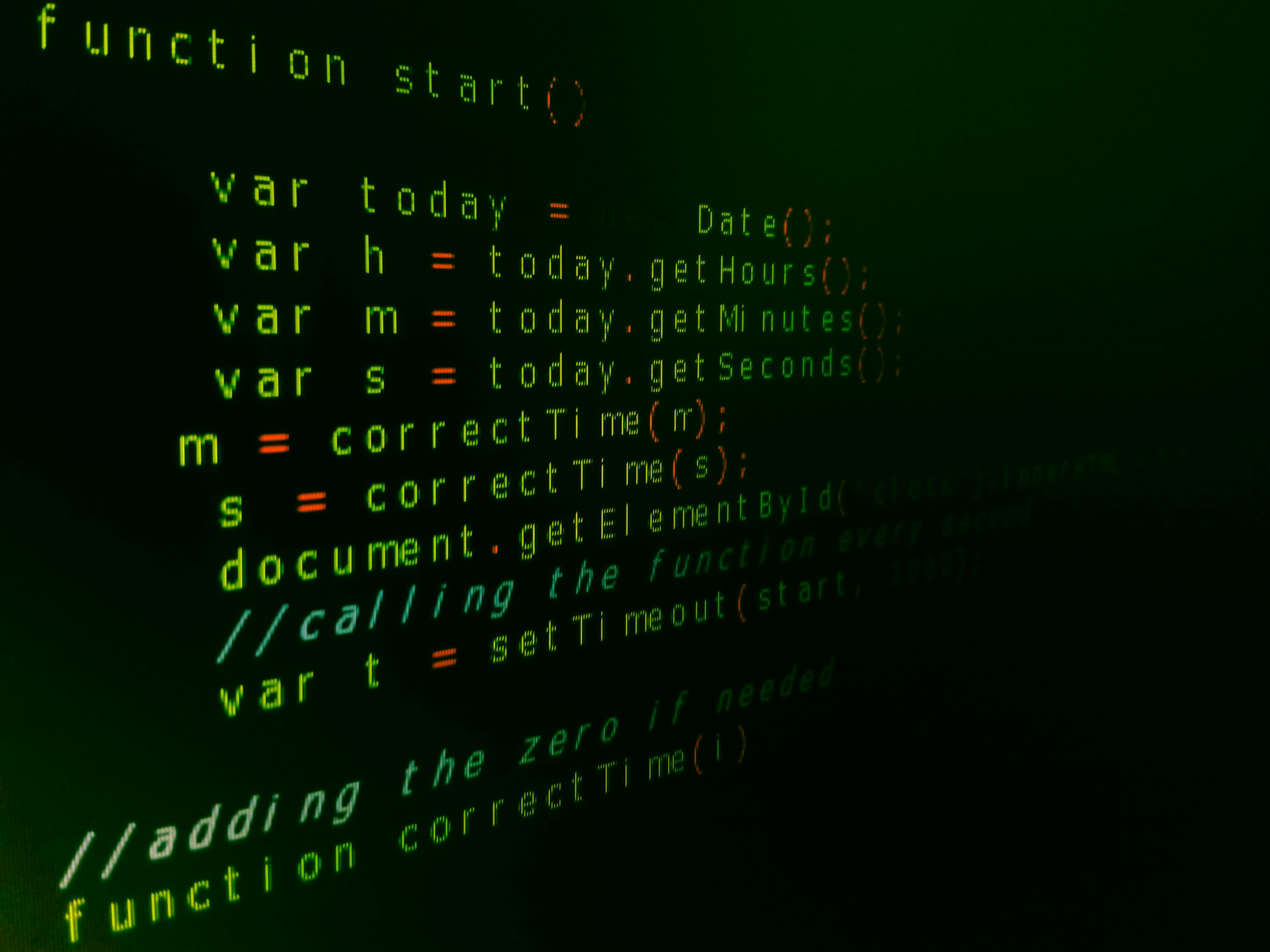Understanding Wikipedia in English:A Comprehensive Guide to the Worlds Largest Encyclopedia
Introduction
In the digital age, information is power, and one of the most powerful tools for accessing this information is Wikipedia. As an自媒体作者, it is crucial to understand the nuances of this global phenomenon. This article will delve into the English version of Wikipedia, exploring its origins, structure, and impact on society, as well as addressing common misconceptions and the importance of accuracy in this vast repository of knowledge.
The Birth of Wikipedia
Wikipedia, a portmanteau of "wiki" (a type of collaborative website) and "encyclopedia," was launched on January 15, 2001, by Jimmy Wales and Larry Sanger. Initially, it was an offshoot of another project, Nupedia, which aimed to create a free online encyclopedia. However, Nupedia's rigorous peer-review process was too slow, prompting Wales and Sanger to create a more dynamic platform where anyone could contribute.
The English Language Edition
The English version of Wikipedia is the largest among all language editions, with millions of articles and countless contributors from around the world. It serves as a model for other language editions and is often the starting point for new entries that are later translated into other languages.
How Wikipedia Works
Wikipedia operates on a wiki software platform, allowing users to add, modify, or delete content. This open-source model is both its greatest strength and its most significant challenge. On one hand, it enables rapid growth and the inclusion of diverse perspectives. On the other hand, it makes the platform susceptible to vandalism and misinformation.
To combat these issues, Wikipedia has developed a robust community of editors who monitor and maintain the quality of content. There are also guidelines and policies in place to ensure that articles are neutral, well-referenced, and adhere to Wikipedia's standards.
The Five Pillars of Wikipedia
Understanding Wikipedia's core principles is essential for anyone looking to engage with the platform. These principles, known as the Five Pillars, guide the community's actions and decisions:
- Wikipedia is an encyclopedia: Content should be encyclopedic, focusing on verifiable knowledge rather than personal opinions or original research.
- Wikipedia has a neutral point of view: All articles must represent a neutral point of view, avoiding bias and presenting all significant viewpoints fairly.
- Wikipedia is free content: All content is freely licensed under Creative Commons, allowing anyone to use and distribute it.
- Wikipedia is written from a Wikipedian's perspective: Editors should write articles for Wikipedia's audience, not for a specific group or demographic.
- Wikipedia does not have firm rules: While there are guidelines, the community's consensus and common sense often take precedence.
The Importance of Accuracy and Reliability
Given Wikipedia's accessibility and influence, accuracy is paramount. While the platform has mechanisms in place to ensure reliability, such as the requirement for citations and the involvement of expert editors, it is not infallible. Users should always verify information from multiple sources and be aware of potential biases.
Misinformation and Vandalism
Wikipedia's open nature makes it a target for vandalism and the spread of misinformation. However, the community is vigilant, and most instances are quickly rectified. It is essential for users to approach Wikipedia with a critical eye and understand that, while it is a valuable resource, it should not be the sole source of information.
The Impact of Wikipedia on Society
Wikipedia has had a profound impact on how people access and consume information. It has democratized knowledge, making it available to anyone with an internet connection. This has led to increased global awareness and a more informed public.
However, it has also raised questions about the reliability of information online and the need for digital literacy. As an自媒体作者, it is crucial to understand these dynamics and to use Wikipedia responsibly, as both a source of information and a platform for sharing knowledge.
The Future of Wikipedia
As technology evolves, so does Wikipedia. The platform continues to adapt to new challenges, such as the rise of artificial intelligence and the need for better content moderation. It is also exploring ways to improve its accessibility and inclusivity, ensuring that it remains a valuable resource for future generations.
Conclusion
Wikipedia is a remarkable testament to the power of collaboration and the sharing of knowledge. As an自媒体作者, understanding its English edition is not just about knowing how to use it effectively; it's about recognizing its role in shaping our digital world. By embracing its strengths and being mindful of its limitations, we can harness the potential of Wikipedia to enrich our own work and contribute to the global exchange of ideas.
This article provides a comprehensive overview of Wikipedia in English, from its inception to its current status as a global knowledge hub. It emphasizes the importance of accuracy, the challenges of maintaining reliability, and the platform's impact on society. As an自媒体作者, this understanding is crucial for navigating the digital landscape and leveraging Wikipedia as a tool for research and content creation.





